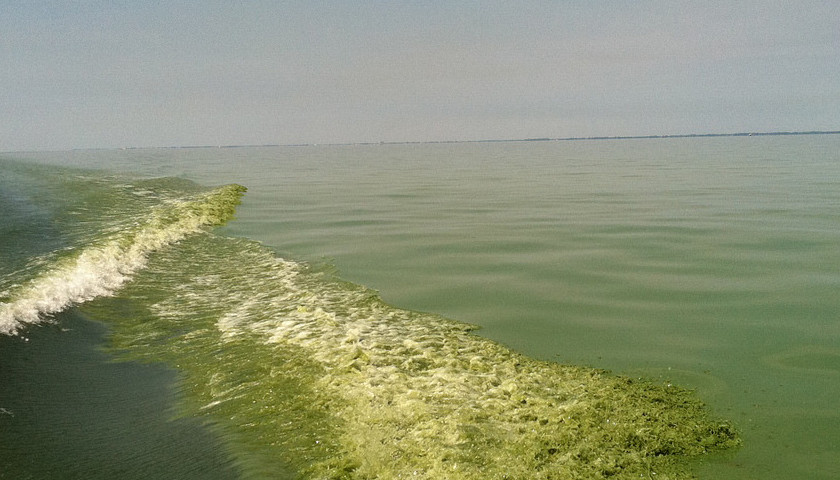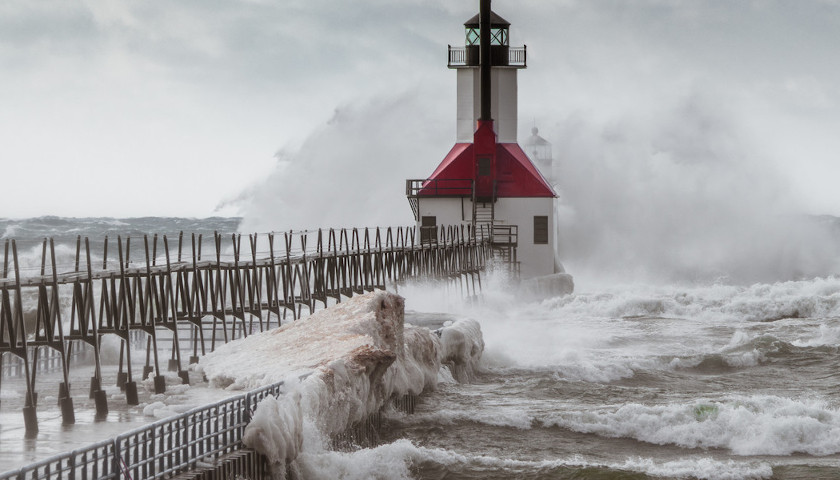On Friday, a Columbus, Ohio-based think tank submitted a brief to the U.S. Supreme Court asking justices to allow states to enforce against water pollution, pursuant to the federal Clean Water Act (CWA).
The 1972 law set up a permitting system for corporate or infrastructural projects that result in the discharge of pollutant materials into rivers, streams or other bodies of water. Under the act, states may undertake their own permitting programs. But last July, the U.S. Court of Appeals for the Fourth Circuit issued a ruling that South Carolina’s program is not strong enough to supersede the federal permit process and therefore citizen lawsuits can effectively nullify the state program.
Read the full story






